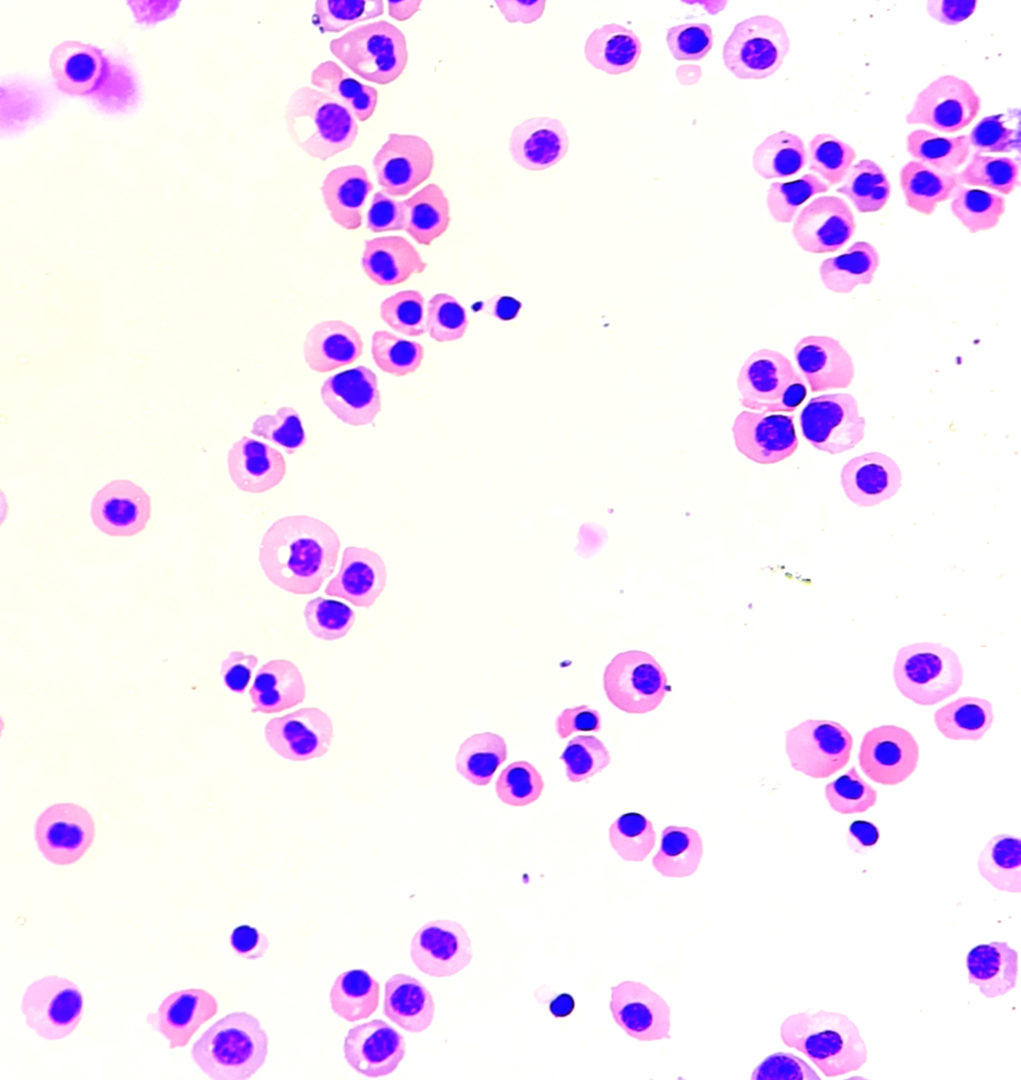Leading the way in red cell haematology

King’s College Hospital have recently formed a multidisciplinary Red Cell Haematology team, led by Professor John Strouboulis. It combines the expertise of molecular and cell biologists with that of clinical researchers, such as Professor David Rees and Dr Sarah Stuart Smith. Human geneticists such as Stephan Menzel also play an important role in the team.
Within the team, students and researchers acquire broad knowledge and study a wide spectrum of scientific methods.
The culture of “erythroid cells”, including stem cells and progenitor cells from human donors or from cell lines and the editing of their genetic material is central to much of their research.

Why research is vital
Sickle cell disease is the name for a group of inherited health conditions that affect the red blood cells. The most serious type is called sickle cell anaemia. Sickle cell disease is particularly common in people with an African or Caribbean family back[1]ground.
People with sickle cell disease produce unusually shaped red blood cells that can cause problems because they do not live as long as healthy blood cells and can block blood vessels.
Sickle cell disease is a serious and lifelong health condition, although treatment can help manage many of the symptoms.
Symptoms of sickle cell disease:
People born with sickle cell disease tend to have problems from early childhood, although some children have few symptoms and lead normal lives most of the time. The main symptoms of sickle cell disease are:
Painful episodes called sickle cell crises, which can be very severe and last up to a week.
An increased risk of serious infections.
Anaemia occurs when red blood cells cannot carry enough oxygen around the body, which can cause tiredness and shortness of breath.
Some people also experience other problems, such as delayed growth, strokes, and lung problems.
At King’s the Red Cell Haematology team are working tirelessly to improve treatments and develop new treatments to benefit sickle cell patients.
If you would like to find out more about our work and the ways you can provide support, please visit our ways to give page here.
Image source: Dr Sara El Hoss – ‘erythroblasts’ growing in culture
Back to all posts
